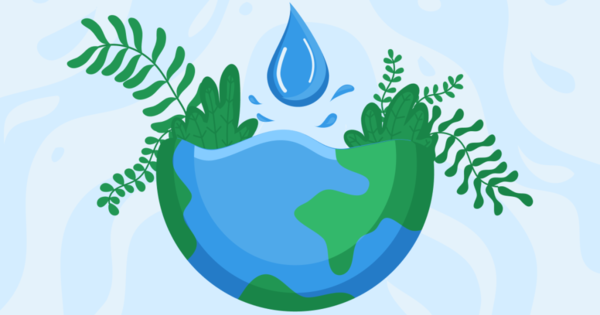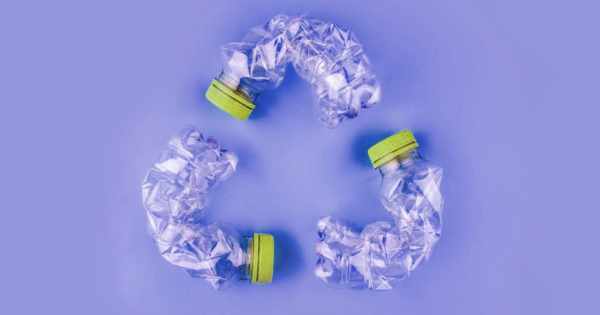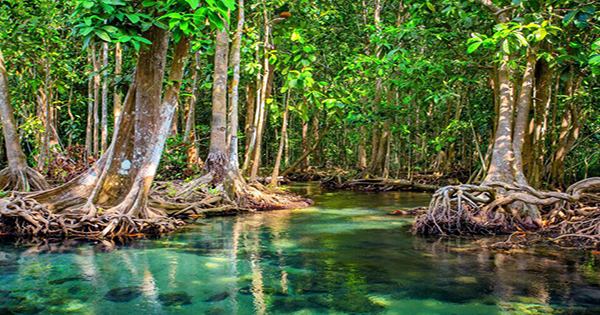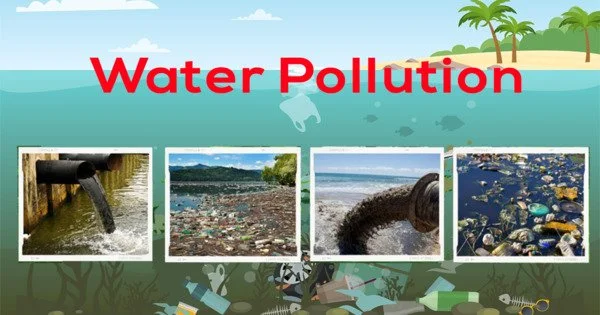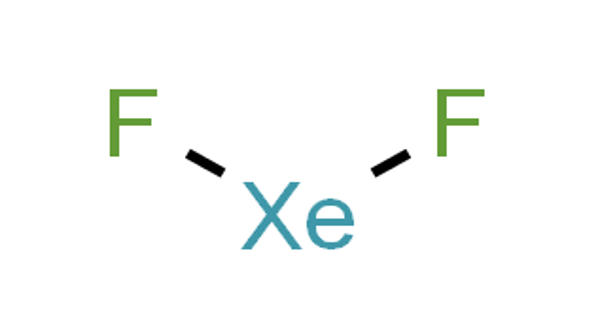Water conservation refers to the sustainable use and management of water resources in order to reduce water waste and ensure its availability for future generations. It involves implementing strategies to reduce water consumption, improve water use efficiency, and minimize water pollution.
Water conservation encompasses all policies, strategies, and activities aimed at managing freshwater resources in a sustainable manner, protecting the hydrosphere, and meeting current and future human demand (thus avoiding water scarcity). Population, household size, growth, and affluence all influence how much water is used. Climate change has increased the demand for natural water resources, particularly in manufacturing and agricultural irrigation.
Many countries have already implemented water conservation policies with great success. The following are the key activities to conserve water: any beneficial reduction in water loss, use, and waste of resources, avoiding any damage to water quality, and improving water management practices that reduce or enhance the beneficial use of water. Technology solutions exist for households, commercial and agricultural applications.
There are many ways to conserve water, including:
- Fixing leaks: Even small leaks can waste a significant amount of water over time. Fixing leaks in pipes, faucets, and toilets can help conserve water.
- Installing low-flow fixtures: Installing low-flow showerheads, faucets, and toilets can significantly reduce water consumption.
- Using efficient appliances: Energy-efficient washing machines and dishwashers use less water than older, less efficient models.
- Using water wisely outdoors: Watering lawns and gardens in the early morning or late evening, using drought-tolerant plants, and collecting rainwater are all ways to conserve water outdoors.
- Educating others: Spreading awareness about the importance of water conservation and encouraging others to adopt water-saving habits can have a significant impact on water conservation efforts.
Water conservation programs that are part of social solutions are typically initiated at the local level by municipal water utilities or regional governments. Public awareness campaigns, tiered water rates (charging progressively higher prices as water use increases), and restrictions on outdoor water use such as lawn watering and car washing are common strategies.
By conserving water, we can ensure that we have enough water for our needs now and in the future, while also protecting the environment and preserving natural resources.
